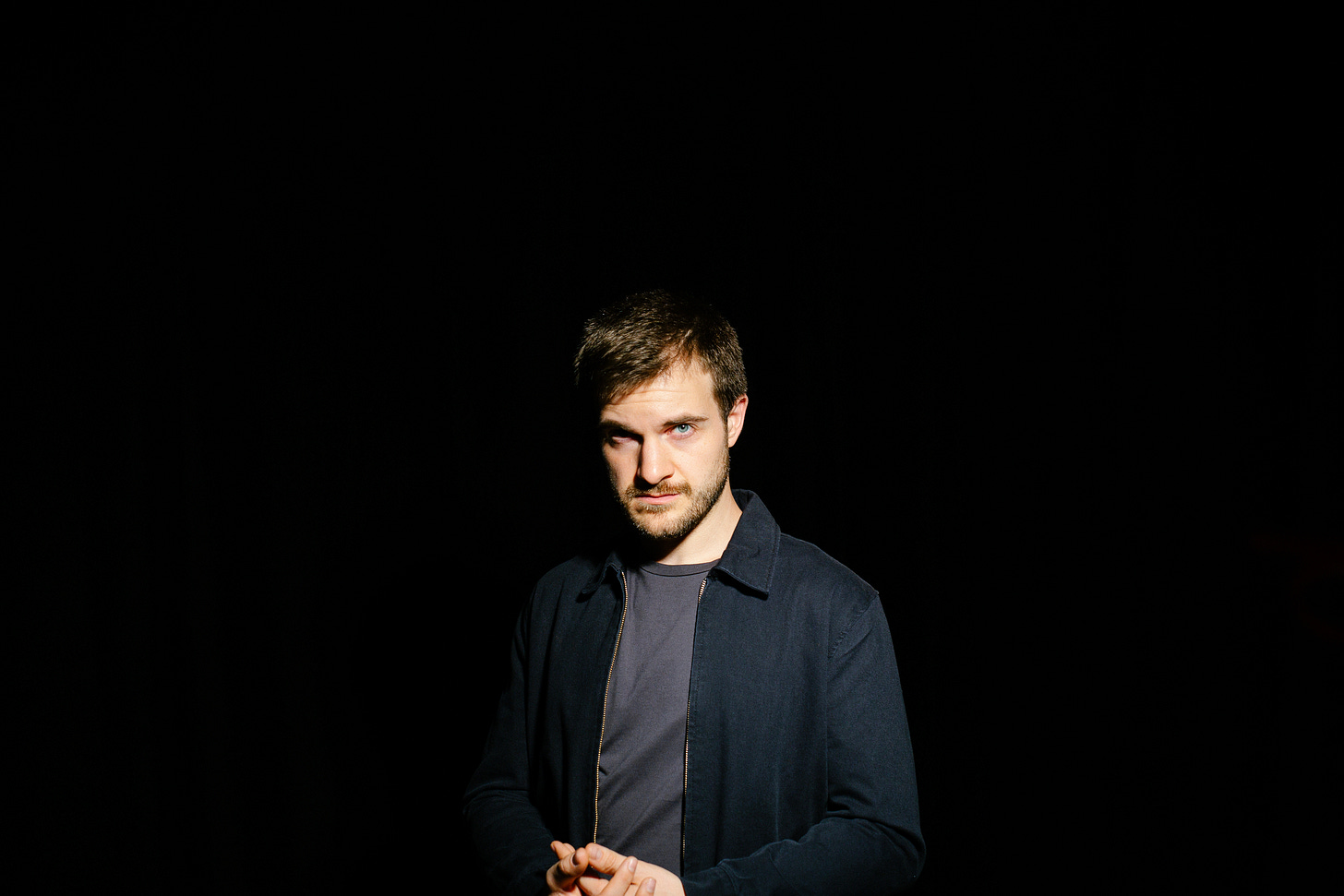Carlos Cipa: Ourselves, as we are
The Munich composer plays the piano as quiet as humanly possible
When pianist and composer Carlos Cipa approached me with the request to write a press biography for his next album, I didn’t have to think for long. He sent me the master, and pressing play on the first song “Took”, he cast a spell on me.
It was a solo piano record, sure, but in his hands, the piano sounded almost like a plucked instrument. Th…



